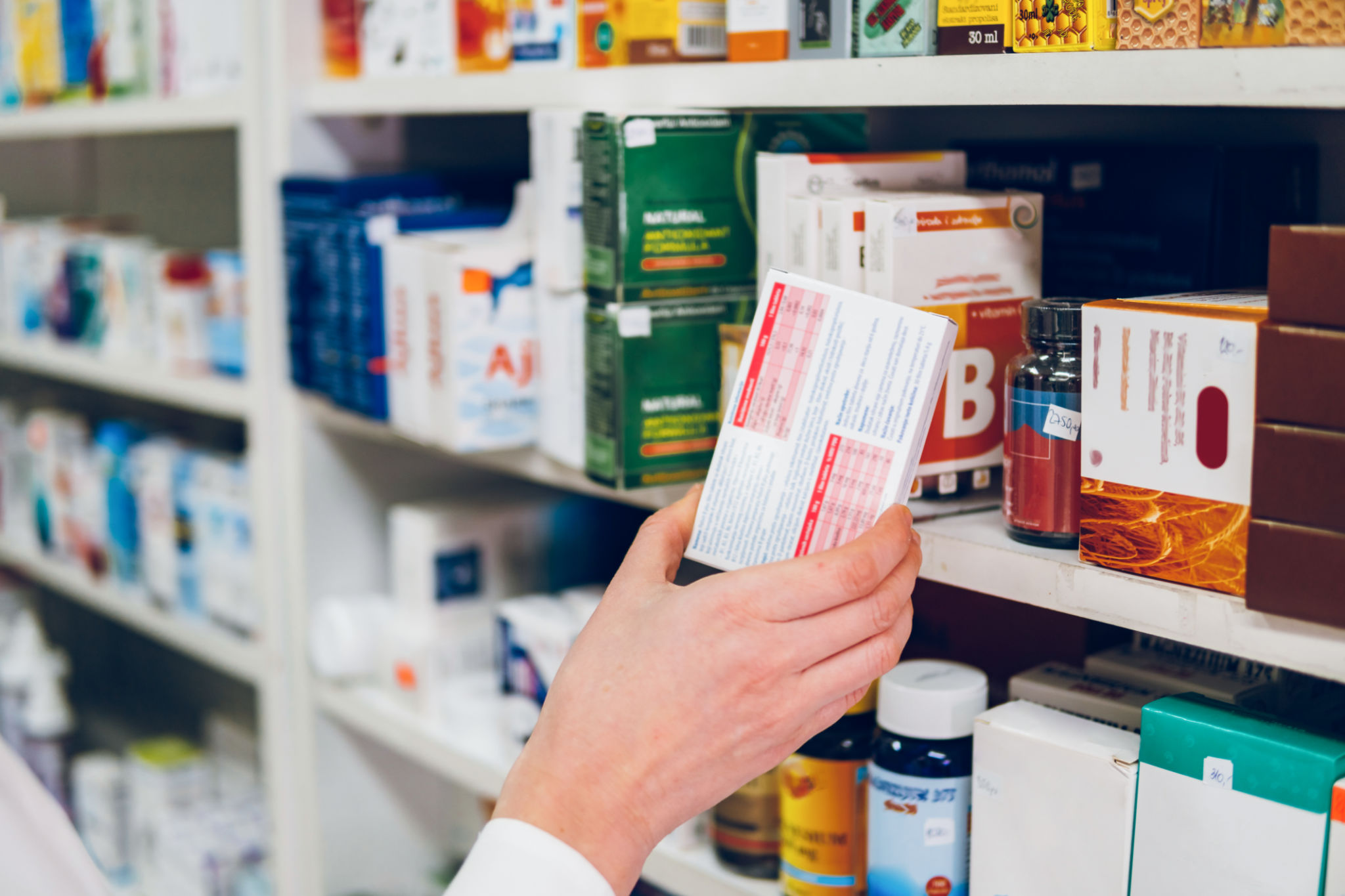The Role of Specialty Generic Formulations in Modern Medicine
Understanding Specialty Generic Formulations
In the realm of modern medicine, specialty generic formulations have emerged as a pivotal component in enhancing patient care. These formulations offer a cost-effective alternative to brand-name medications while maintaining similar therapeutic effects. Specialty generics are particularly important for treating complex or rare conditions, providing patients with access to essential treatments without the high costs associated with brand-name drugs.
Specialty generic formulations are typically used in the treatment of conditions that require complex drug delivery systems or specific bioavailability. These can include medications for cancer, autoimmune disorders, and rare diseases. By offering these formulations, pharmaceutical companies can address the needs of patients who rely on specialized medications for their health management.

The Benefits of Specialty Generics
One of the primary advantages of specialty generic formulations is their affordability. As healthcare costs continue to rise, the availability of lower-cost generic options is crucial for patients and healthcare systems. These formulations enable broader access to necessary medications, which can improve health outcomes and reduce financial burdens on patients.
Moreover, specialty generics often have a streamlined regulatory pathway, allowing them to reach the market more quickly than brand-name counterparts. This expedited process ensures that patients have faster access to innovative treatments. Additionally, the competition introduced by generics can drive down prices even further and encourage pharmaceutical companies to innovate continuously.
Ensuring Quality and Efficacy
The quality and efficacy of specialty generic formulations are rigorously evaluated by regulatory bodies before they are approved for market use. These formulations must meet stringent standards to ensure they are bioequivalent to their brand-name counterparts, meaning they deliver the same therapeutic benefits. This rigorous evaluation process helps maintain patient confidence in the safety and effectiveness of generic medications.

Challenges in Specialty Generic Development
Despite their benefits, developing specialty generic formulations is not without challenges. The complexity of these drugs often requires advanced manufacturing techniques and significant investment in research and development. Pharmaceutical companies must also navigate intellectual property landscapes and ensure compliance with regulatory requirements.
Furthermore, the market for specialty generics can be highly competitive, with multiple companies vying to produce equivalent formulations. This competition can result in reduced profit margins and necessitates continuous innovation to maintain a competitive edge.
The Future of Specialty Generics
The future of specialty generic formulations looks promising as advancements in technology continue to transform pharmaceutical manufacturing processes. Emerging technologies such as 3D printing and personalized medicine are paving the way for more precise and efficient drug production, which could further reduce costs and improve access to medications.

Additionally, partnerships between generic drug manufacturers and healthcare providers are becoming increasingly common. These collaborations aim to enhance supply chain efficiency and ensure a steady supply of essential medications to patients who need them most.
Conclusion
In conclusion, specialty generic formulations play a vital role in modern medicine by providing cost-effective alternatives to expensive brand-name drugs. They enhance patient access to essential treatments and contribute to the overall sustainability of healthcare systems. As technology continues to evolve, the potential for further innovation in this field is immense, promising even greater benefits for patients worldwide.
